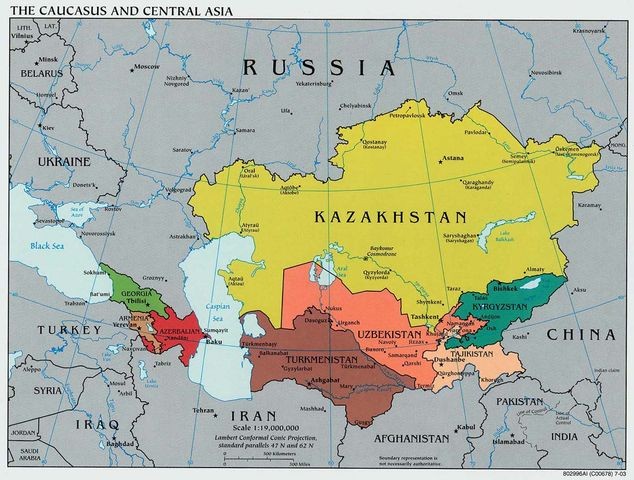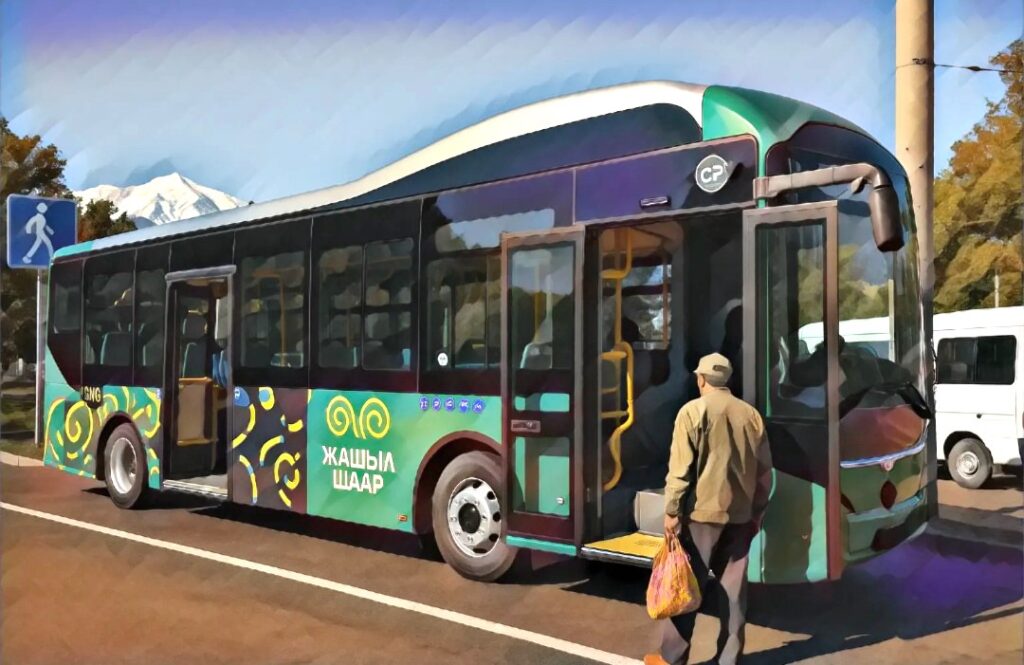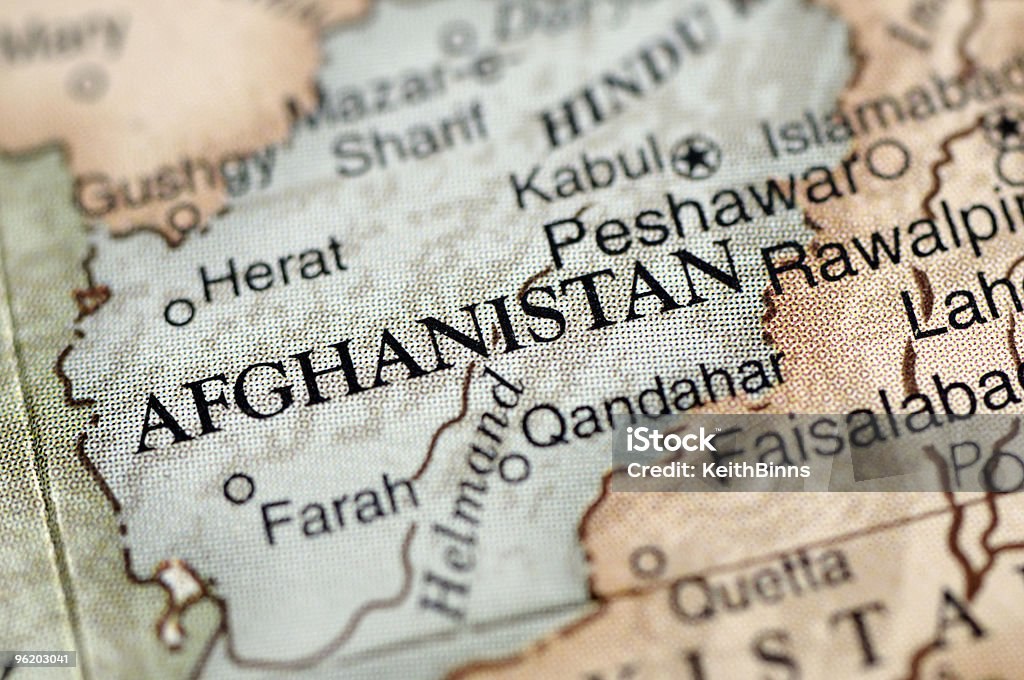ISTANBUL (TCA) — The European Bank for Reconstruction and Development (EBRD) and the Financial Times are gathering investors, policymakers and experts in Istanbul to discuss investment opportunities and challenges in Central Asia, including Mongolia. The event is taking place on 18 February in Istanbul, Turkey, a major regional hub with strong commercial links with Central Asia.
The FT-EBRD Central Asia Investment Forum: Forging Relationships for Growth has brought together leading investors, policymakers, economists and experts in Central Asia to discuss the future of the region and the prospects for investment, the EBRD press office said. This event provides a platform to discuss the practicalities of doing business in the region, the opportunities for international investors in Central Asia and how to navigate the complexities of operating in the region.
The programme of the event includes three panels and several addresses, including from Turkey’s Deputy Prime Minister Mehmet Şimşek and EBRD President Sir Suma Chakrabarti.
The Central Asia Investment Forum will also hear from Burak Başarır, the CEO of Coca-Cola İçecek, the Turkish company present in almost all Central Asian countries; Ambassador Ayşe Sinirlioğlu, Deputy Undersecretary for Economic Affairs, Turkish Ministry of Foreign Affairs, will talk about Turkey’s vision of the new Silk Road links, and Wang Dan, Executive Vice President of China’s Silk Road Fund, who will talk about the Fund’s role and strategy.
High-level government representatives from Central Asia will inform the gathering of the latest regulatory steps and investment opportunities. The speakers will include Rakhim Oshkabaev, Deputy Minister for Investments and Development of Kazakhstan; Aidai Kurmanova, State Secretary of the Ministry of Economy of Kyrgyzstan; Bayanjargal Byambasaikhan, CEO, Erdenes Mongol LLC; Jamoliddin Nuraliev, First Deputy Chairman of the National Bank of Tajikistan; and Muratniyaz Berdiev, Deputy Chairman of the Central Bank of Turkmenistan.
Two more discussion panels will explore the end of commodity super-cycle, diversification opportunities, and building up the region’s infrastructure in the light of new Silk Road regional programmes and improved links with Russia, China and Europe.
The EBRD entered newly independent Central Asian countries in 1993; in Mongolia, it opened up an office in 2006; and has invested in the region over €10 billion in total.
In his editorial published ahead of the EBRD-FT Central Asia Investment Forum, EBRD President Suma Chakrabarti wrote: “The region is opening up to new investors; reform processes are under way; and more is known about Central Asia in the world. The region, at the heart of Silk Road, is opening up to the world and forging new economic relationships. From Western Europe to China, our newest shareholder, new investors are looking at the region.”
The EBRD President believes that governments are increasingly realising that they need reforms to diversify and return to high growth. “We are supporting investment councils which aim to improve the investment climate, working directly with governments on areas such as PPPs in Kazakhstan, energy sector reform in Tajikistan, extractive sector transparency in Mongolia, public utilities reform in the Kyrgyz Republic, financial sector in Turkmenistan and many others, and stand ready to increase our support to reforms,” he said.
“Central Asia is currently the focal point of several regional programmes connected with the Silk Road, most famously perhaps China’s Belt and Road initiative. This creates opportunities from China all the way to Europe, via the Caspian region, the Caucasus and Turkey,” Chakrabarti wrote.









